Column: Why would I mispronounce my name?
Photo credit: Leslie Castaneda
An artistic illustration by Leslie Castaneda ’20 shows how confusing and complex the topic of name pronunciation can be for people.
At school, my name is pronounced Celeste (suh-lest). At home, it’s pronounced Celeste (seh-lehs-tay).
When most people meet me, they ask how I prefer to pronounce my name. In the past, I would instinctively say, “I don’t care” or “Whatever is easiest for you.” As I’ve gotten older, especially this past year, I’ve started to question it. Do I care? Do I have a preference? Does a certain pronunciation make me feel a certain type of way?
Many people in the United States alter the pronunciation of their given, “ethnic-sounding” name. Some even opt for a nickname or change their name entirely as an attempt to “normalize” their name or make it more “American.” Although this is something that happens across all races, I have personally seen how it affects people of color, specifically in the Latinx community.
For the longest time, I think I changed how I pronounced my name because I didn’t want to make anyone feel uncomfortable. I wanted to make it as easy as possible for them to pronounce my name. I didn’t want people to worry about matching their accent to my name’s pronunciation or have to learn how to say it. I felt like I would be bothering or inconveniencing people — or at least I used to.
Now, this is something I constantly think about. Every time I introduce myself as Celeste (suh-lest), I internally wince and wish I could take it back. It’s like an unbreakable habit that’s deeply rooted in me. When I meet a new family member or family friend, I introduce myself as Celeste (seh-lehs-tay), and I feel like it represents my more Mexican, Spanish-speaking side. At school and in public, I introduce myself as Celeste (suh-lest), my more “Archer,” English-speaking side. If my true identity is a mixture of both, why am I intentionally mispronouncing my name?
I’ve never let myself think too much about this topic because it was uncomfortable. Is asking someone to learn the actual pronunciation of my name rude or too much to ask? Will they even say it right? Will they butcher it? However, the more I grow up, the more I started to notice these looming thoughts, the more I noticed how people pronounced it. Although these are complex questions I will battle with for a while, I think it is important to recognize how common this is. As a kindergartener of only 4 years old, I was taught a “new way” to say my name in school, the “English” way.
Mispronouncing student’s names in schools, especially from a young age, has been proven to negatively impact students. In the study “Teachers, please learn our names!: racial microaggressions and the K-12 classroom,” authors Rita Kohli and Daniel Solorzano wrote about how this issue is often overlooked when it should be considered a racial microaggression. They argued that it affects students of color’s emotional well being and their future perceptions of the world.
I personally don’t experience such detrimental effects because the difference in my name is a lot more slight, but students whose names are completely changed, almost mocked, are deeply impacted. Names are directly connected to culture and a person’s identity, which can oftentimes be forgotten. After all, the pronunciation of a student’s name seems so small and unimportant in the moment. But when the mispronunciation becomes common, it becomes neglecting or belittling a student’s identity.
It’s easy to dismiss these scenarios as simply being due to “difficult” or “odd” names. But as Jennifer Gonzalez, a former teacher and author for the education blog Cult of Pedagogy, put it in an article for PBS News Hour, “Even the word ‘difficult’ is a pretty loaded word. It’s only difficult because it’s culturally different.” In the same article, reporter Corey Mitchell described real-life examples of student struggles. Students have refused to receive awards and graduation diplomas because of the embarrassment that comes with having their name garbled.
The issue of name mispronunciations and changes also is very institutionalized in our workforce. In most English-speaking countries like the U.S., “white-sounding” names have a significantly higher probability of being hired than “racial” names. In a study by the University of Toronto, it was found that some with an “Asian” name are 28 percent less likely to get a job interview than someone with an “Anglo” name. On a personal note, for as long as I can remember, I’ve been told that my parents “work names” are Greg and Lia instead of Gregorio and Odilia, because it’s “easier for the clients” and “better” for getting jobs.
Freelance writer Sadia Latifi wrote an article entitled “I always mispronounce my name for Americans. I’m reclaiming the original” for The Guardian, where she made some very thought-provoking statements and examples about name pronunciations in other cultures. She writes that “South Carolina Governor Nimrata “Nikki” Haley, Louisiana Governor Piyush “Bobby” Jindal, Mindy Kaling and countless Silicon Valley engineers from India and China abbreviate or change their names to make it easier for everyone else.” She follows up from that statement with a question: “If you can ask for gluten-free, dairy-free everything at a restaurant with a straight face, why couldn’t you also manage to say my real, ethnic name the same way my family does?”
Some people may relate to my thoughts and some may never have thought about their name in this way. Although there are many ways to approach and think about this topic, I encourage people to explore it a bit more and become more aware of it. Writing this did make me feel a bit apprehensive because it seems like such a minor thing. Who cares if a name is mispronounced? However, I think we should be able to have an environment where people feel comfortable enough to advocate for themselves and voice their preference. Names are important.

Celeste Ramirez joined the Oracle as a columnist in 2017 and is now the Multimedia Editor. Her column focuses on diversity at Archer, highlighting the...

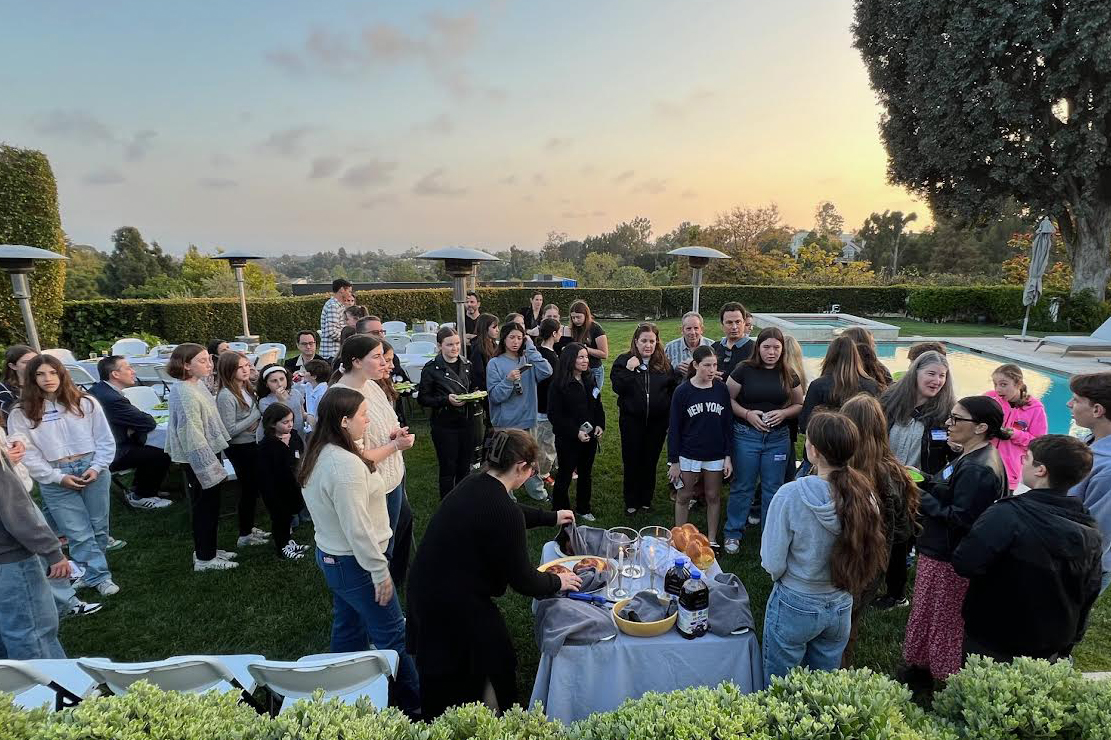









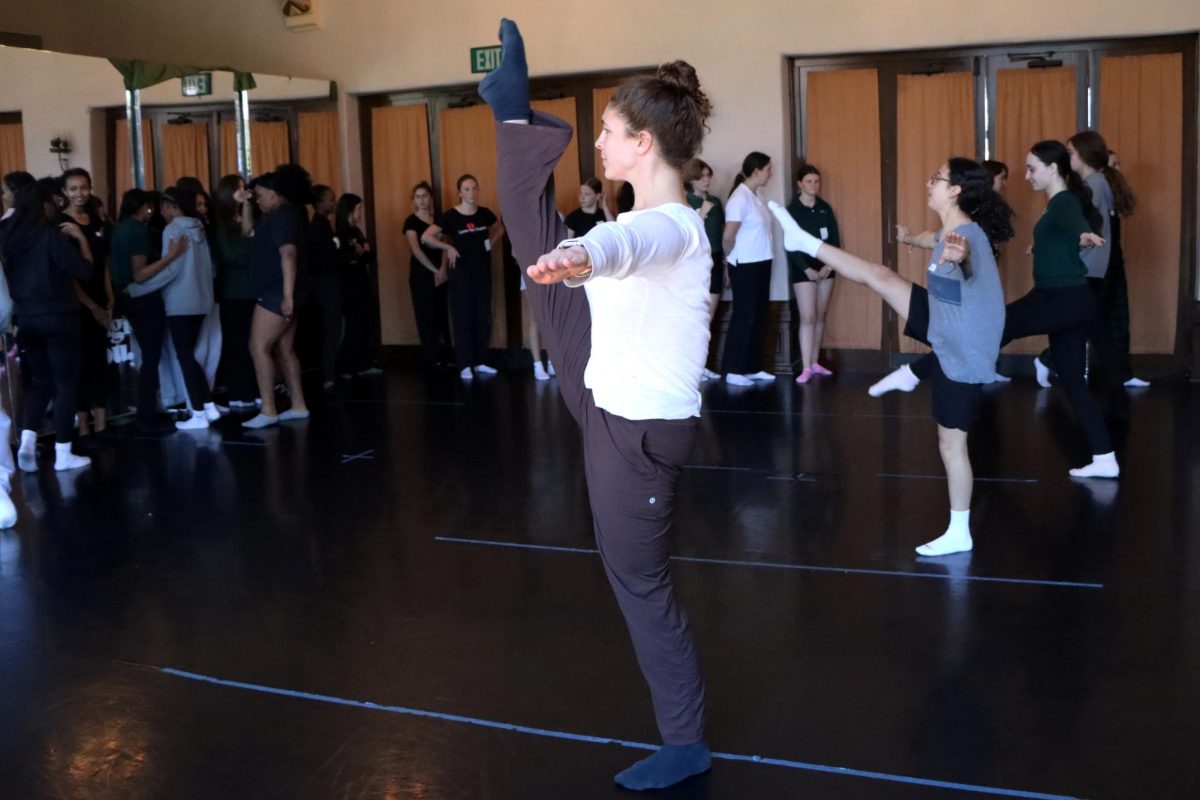















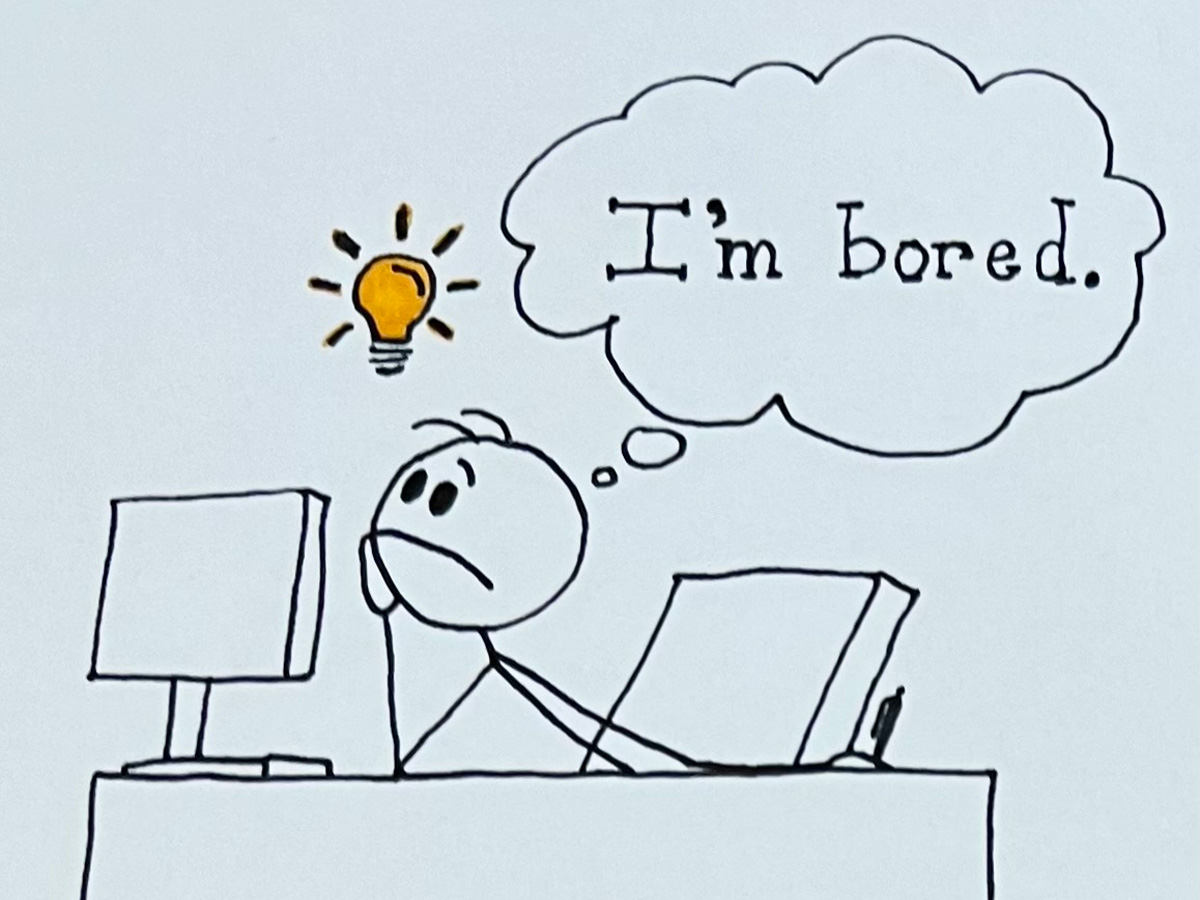


























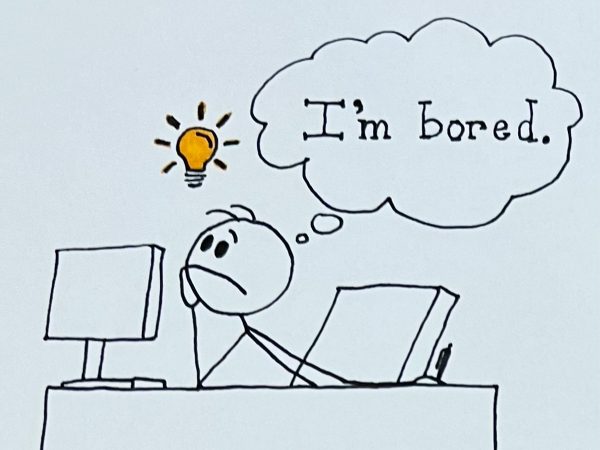

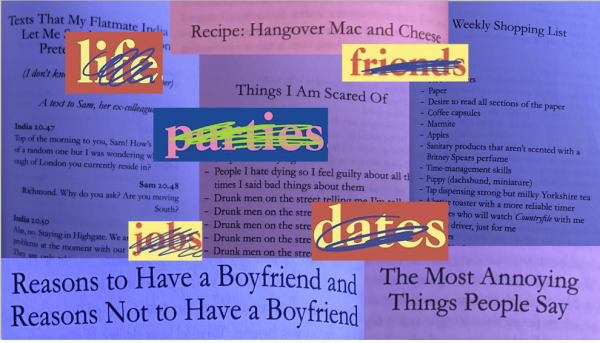




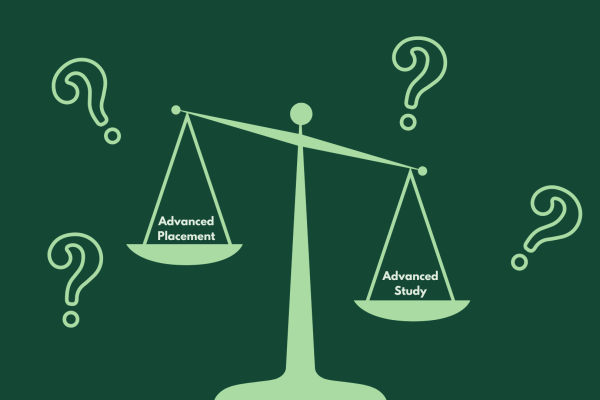
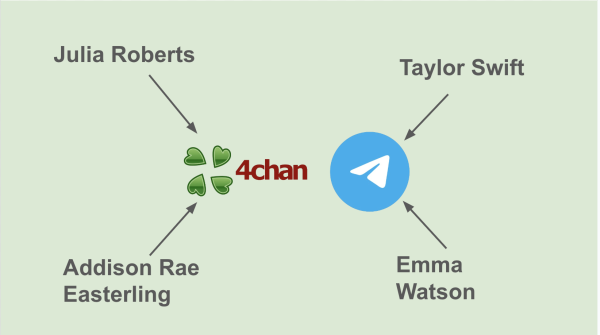
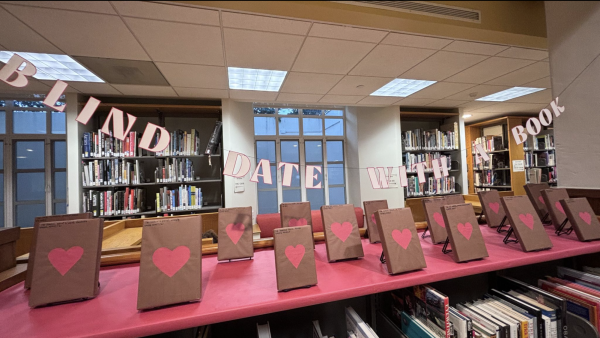
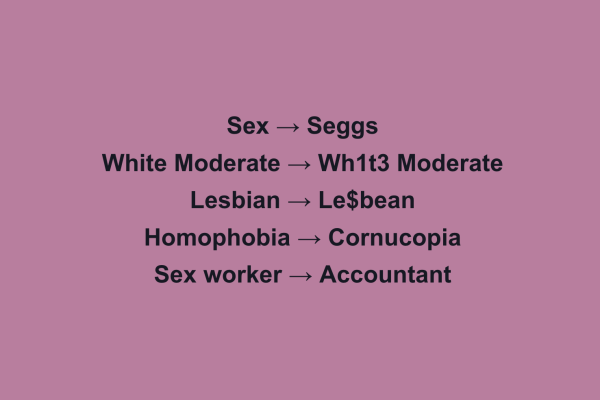

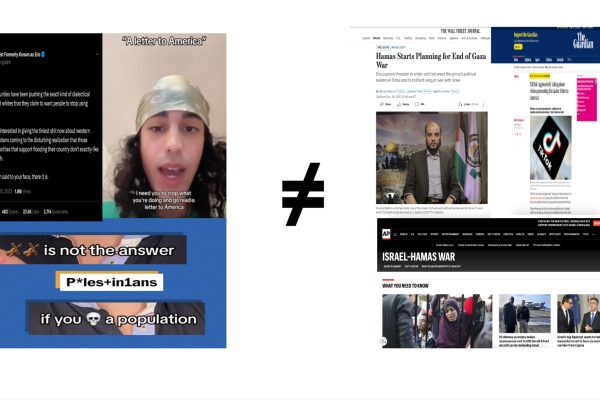
Liisa • Aug 28, 2019 at 3:31 am
I happened to come across The Oracle today and found this article especially fascinating. I myself have heard Americans and Russians come up with rather strange versions of my Estonian name. Learning how to pronounce other peoples’ names shows respect and should be a normality. Thanks for covering such an important topic.
Cybele • Feb 2, 2019 at 1:42 pm
Incredibly poignant and relevant article. With a difficult to pronoun first AND last name, I can definitely relate – so thank you for drawing attention to this!
Ms. Geffen • Jan 30, 2019 at 10:48 am
This is a powerful article, Celeste! Thank you for sharing your personal story and internal conflict as well as the data and research. While I have my own experiences and anecdotal evidence regarding this topic, it was interesting, upsetting and validating to learn about the likelihood to get/not get a job interview based on ethnic-sounding names and the detrimental effects experienced by students and young people. …And the gluten-free/dairy-free quote will definitely stick with me! Good work.